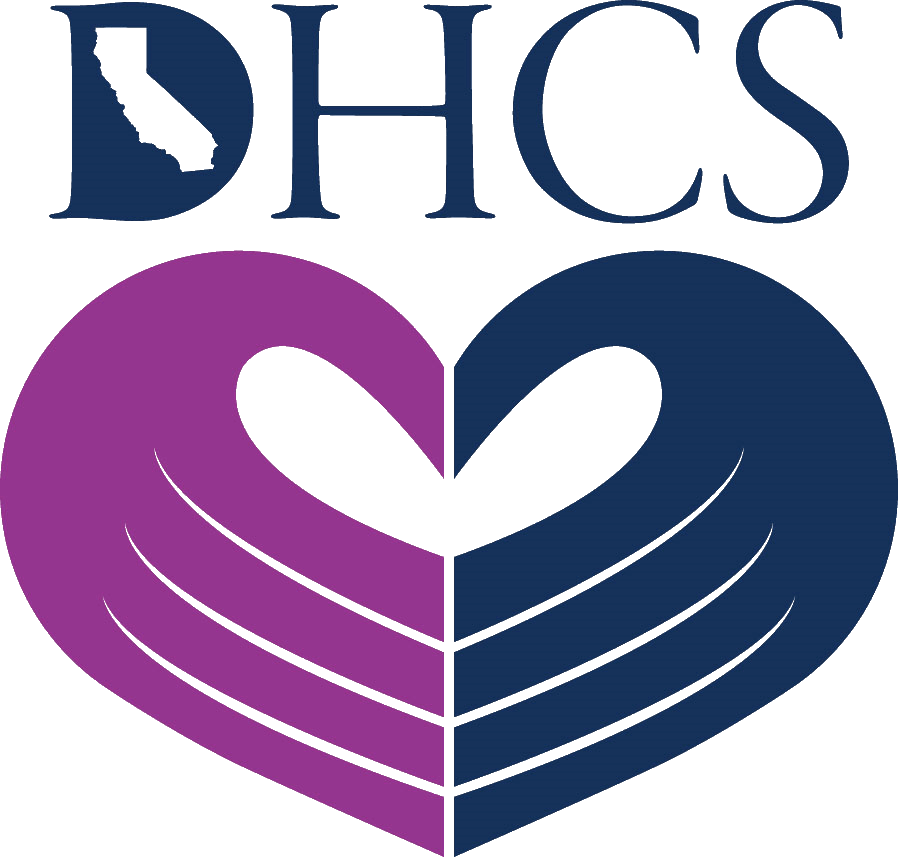Our program for addiction therapy in Laguna Beach can bring renewed hope to those dealing with addictions to drugs, alcohol, or prescription medications.
Therapy options focus on proven methods that address the body, mind, and spirit, helping people battling substance abuse get sober and stay sober. While addiction is debilitating and typically worsens unless treated, connecting with licensed counselors, peer support, and wellness activities can deliver favorable outcomes and encourage lasting recovery.

What is Addiction Therapy?
Addiction therapy involves evidence-based interventions that target harmful patterns of substance use. Therapists, psychologists, and mental health professionals use these strategies to address thoughts, behaviors, and emotional factors that prompt individuals to misuse drugs or alcohol.
Therapy sessions often take place one-on-one, although group therapy and family-based models also play roles in effective and comprehensive addiction treatment. The primary purpose of addiction therapy is to help people understand the impact of chemicals on the brain, find healthier responses to stress, and uncover hidden triggers that provoke substance abuse.
Some forms of addiction therapy aim to improve coping skills, while others encourage self-reflection and relaxation. Focusing on the reasons driving substance misuse can help individuals learn to identify and replace destructive actions. This process prompts a shift in thinking and encourages a superior quality of life.
Addiction therapy programs in Laguna Beach offer serene and supportive environments that nurture self-awareness and strengthen motivation while providing a clear pathway to long-term sobriety. Regardless of the modality, the goal of addiction therapy is long-term freedom from substance abuse.
How Can Addiction Therapy Help with Substance Abuse?
Addiction therapy delivers structure and guidance to individuals who feel trapped in a vicious cycle of substance abuse. By focusing on emotional, physical, and mental factors, therapy helps them find healthier ways to handle everyday stressors. Trained clinicians may suggest a blend of talk therapies, exercises that build self-awareness, and goal-setting tasks that promote healthy new habits.
In many therapy programs, participants learn about the connection between substance misuse and underlying addiction triggers. Some people may discover that certain situations or unresolved trauma contribute to cravings for drugs or alcohol. Counseling enables them to develop personalized strategies for preventing relapse, increasing confidence, improving emotional balance, and healing relationships unraveled by substance abuse.
Therapy has an additional inbuilt benefit: it provides a sense of community. Group sessions allow individuals to share their stories, offer advice, and celebrate progress together. This support can boost motivation and promote accountability, especially when roadblocks in recovery crop up. This sense of belonging can spark hope in those who doubt their ability to stop using drugs or alcohol and stay sober over the long haul. Maintaining sobriety becomes much more achievable when individuals learn practical tools and techniques, from mindfulness exercises to communication skills. Embracing therapy instills a new purpose without the crutch of drugs or alcohol. As self-esteem returns and a healthy lifestyle takes shape, individuals in recovery can develop a brighter outlook on daily life.
Common forms of Addiction Therapy
Laguna Beach addiction therapy varies in delivery but focuses on healing emotional wounds and establishing positive coping techniques to replace substance abuse. Most programs blend group and one-on-one sessions, helping participants explore their struggles in a safe space. Family therapy may also help those who need to address tension or confusion within their household—addiction ripples out to affect all family members, not just the person abusing drugs or alcohol.
Several approaches target changing the thoughts, feelings, and habits associated with substance use. Some therapies focus on behavior modification, while others highlight self-compassion and self-care. Through an effective therapeutic alliance between the individual and the therapist, an open dialogue can help people move beyond substance use. Peer support groups, including 12-step models like AA (Alcoholics Anonymous) and NA (Narcotics Anonymous), present shared experiences that encourage accountability and improve motivation.
In some cases, healthcare providers recommend MAT (medication-assisted treatment) to ease withdrawal, reduce cravings, and support ongoing abstinence. This approach blends FDA-approved medications with talk therapy and counseling, meaning that therapy always remains at the core of meaningful recovery from drug or alcohol addiction.
CBT
CBT (cognitive behavioral therapy) is a goal-oriented approach for those in addiction recovery that helps people identify patterns of negative thinking and replace them with healthier thoughts. By shifting their mindset, individuals learn to adjust actions that previously kept them stuck in cycles of substance abuse. Sessions often involve exercises that challenge automatic beliefs—the concept that life’s stressors can only be managed through substance use, for instance.
During CBT, a therapist helps the individual learn new skills, such as journaling to track triggers or practicing relaxation techniques when cravings manifest. These steps can alleviate impulses to use drugs or alcohol and boost self-control. Therapists make each session practical by providing tools tailored to individual needs. This may include role-playing, worksheets, and direct feedback.
Relapse prevention is central to CBT. Individuals are taught to isolate early signs of drifting back into old habits and implement alternative responses. The brain gradually learns fresh pathways, and self-confidence starts to grow.
CBT is proven effective for treating addictions and mental health conditions. Many people engaging with cognitive behavioral therapy report feeling more prepared and hopeful for daily challenges. When combined with supportive care or peer groups, CBT can lead to lasting progress and enduring recovery.
DBT
DBT (dialectical behavior therapy) was created to help people handle intense emotions and reduce self-destructive actions. While developed to treat the symptoms of BPD (borderline personality disorder), DBT is now much more widely used to treat substance abuse and other mental health conditions. Therapists teach techniques like mindfulness, distress tolerance, and emotional regulation. Through these lessons, people develop the ability to respond calmly rather than acting on urges linked to drug or alcohol use.
DBT groups often follow a classroom format, with participants learning coping skills step-by-step. Mindfulness exercises include slow breathing or guided observation, which can soothe the CNS (central nervous system) when cravings or stress arise. Distress tolerance lessons focus on healthy distraction, self-soothing, or crisis planning. Emotional regulation skills guide people in identifying and naming their feelings without shame.
Dialectical behavior therapy encourages a blend of acceptance and change. Therapists show compassion for the person’s struggles and show them how to leave harmful habits behind through proven methods. In many cases, this therapy can improve relationships by teaching empathy and clear communication. As people build these strengths, they feel more in control of their lives.
Research shows that DBT is valuable for those facing addictions and mental health issues like mood disorders or personality disorders. The structured approach helps individuals understand the link between mood swings, harmful thoughts, and substance misuse. By shattering this cycle, they can reach a place of greater stability and improved self-esteem.
Holistic Therapy
Holistic therapy addresses the whole person rather than treating only the symptoms of substance use. This approach may include:
- Meditation
- Yoga
- Acupuncture
- Nutritional counseling
- Fitness therapy
Each element aims to promote the healing of body, mind, and spirit, helping people find a sense of calm and balance that supports their long-term recovery from drug or alcohol addiction.
Some holistic practices concentrate on reducing anxiety or restlessness by increasing awareness of breath and body sensations. Others work toward releasing built-up tension that may contribute to cravings. Yoga poses, for example, encourage strength and flexibility while soothing the CNS. Meditation sessions can enhance concentration and sharpen patience, serving as a buffer against impulsive behaviors.
Most holistic therapies introduce self-care strategies to help people handle daily stress more confidently. Art, music, or creative writing allow a person to express deep feelings without resorting to harmful coping methods. Outdoor experiences, such as hiking or walking by the ocean, can restore a sense of purpose and connection with nature in those battling substance abuse.
Drug and alcohol rehabs typically combine holistic interventions with evidence-based practices, helping people address emotional pain, build resilience, and recalibrate their lives with healthy routines.

Laguna Beach Recovery’s Addiction Therapy
Laguna Beach addiction therapy can open a new chapter for anyone looking to unchain themselves from addiction. Each approach blends proven techniques with a calming coastal setting, helping people recalibrate their lives and move from dependence and addiction to sustained recovery.
We offer a full suite of services at Laguna Beach Recovery and are here to help you every step of the way. For more information on addiction therapy in Laguna Beach, call (555) 123-4567.


